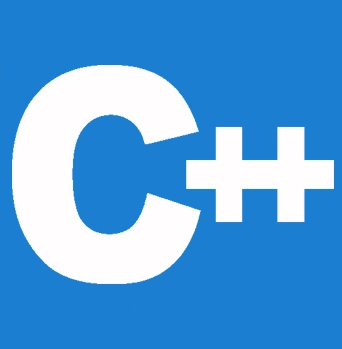


In this C++ program, the increment ++ operator is overloaded. i.e., increase the value of a data member by 1 if the ++ operator operates on an object.
Polymorphism: Polymorphism (or operator overloading) is a concept in object-oriented programming that allows one method or operator to be used differently for different operations. In C++, we can make one operator works differently on different objects or classes, or structures which is called operator overloading.
Create a class check and declare a variable i in private. The class members declared as private can be accessed only by the member functions inside the class. A constructor check () is created in public and set the value of variable i to 0. Here, we are using the operator ++ to work in a way that increases the value of the variable by 1. Now we make a function to display the value of the variable.
Within the main function body, create an object obj for the class check. Display the initial value of the data member i for object obj. Invoke the operator function void operator ++( ). Perform the operation ++obj; Display the value of the data member i after the operation using obj.Display();
Step 1: Call the header file iostream.
Step 2: Use the namespace std.
Step 3: Create a class check with a private variable i
Step 4: create a constructor check( ); set the value of i to 0
Step 5: Define the function for operator overloading
Step 6: Define function display for displaying the data member.
Step 7: call the function main
Step 8: create an object obj for the class check
Step 9: Display the value of the data member by accessing the function with the object
Step 10: call the function for operator overloading
Step 11: Display the data member after the operation by calling the display function.
Step 12: Exit
#include <iostream>
using namespace std;
class Check
{
private:
int i;
public:
Check(): i(0) { }
void operator ++()
{ ++i; }
void Display()
{ cout << "i=" << i << endl; }
};
int main()
{
Check obj;
// Displays the value of data member i for object obj
obj.Display();
// Invokes operator function void operator ++( )
++obj;
// Displays the value of data member i for object obj
obj.Display();
return 0;
}
i=0 i=1